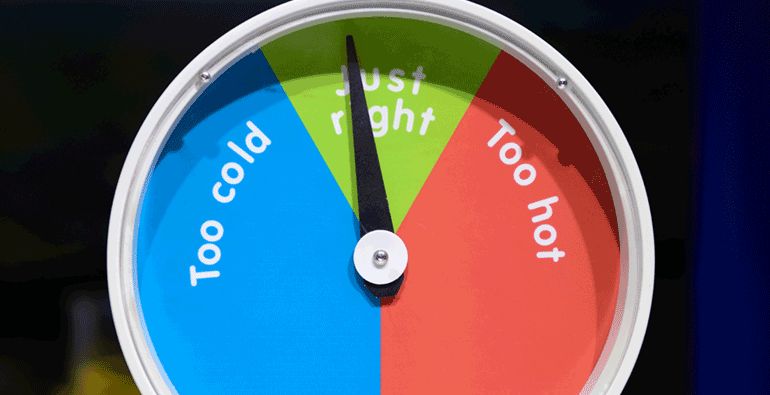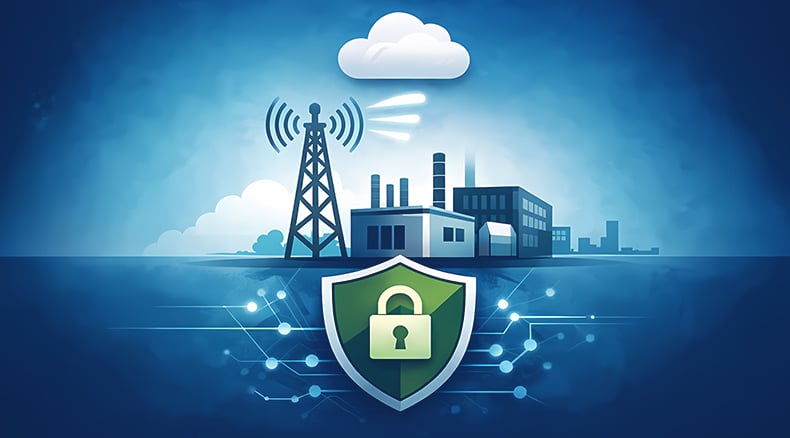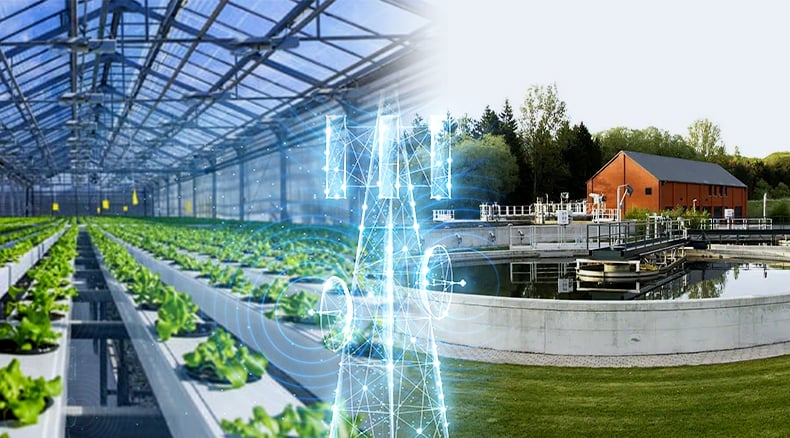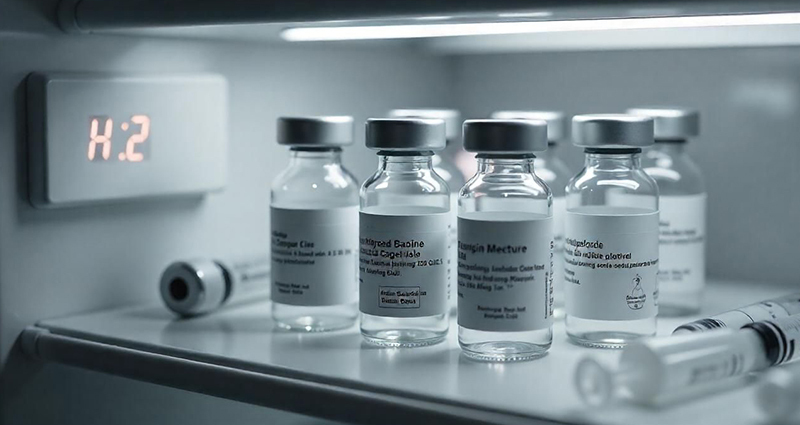
Everyone knows that temperature is critical for greenhouses, livestock pens, vaccine refrigerators and data centers. Surprise temperature changes can seriously damage your facility, equipment or cold storage area. But temperature monitoring is beneficial for other areas like boiler rooms. These areas house equipment that performs best within certain temperature ranges.
For some applications, sudden temperature changes may indicate an equipment malfunction. Remote monitoring systems allow you to continuously monitor temperature across your entire facility. They are the most cost-effective and efficient way to protect your facility from temperature extremes.
If temperatures go outside of your preset parameters, the system will immediately alert designated personnel. This allows you to take corrective action to prevent expensive downtime and repairs.
Thanks to wireless technology, it is fast and easy to install a temperature monitoring system. Because of their wireless capabilities, wireless sensors can go anywhere. But how do you know which wireless temperature monitoring system is right for your facility? Consider these questions:
1. How is the system powered and how does it communicate?
Typically, temperature monitoring systems have several components. A main device serves as the brain, while sensors serve as the "eyes and ears." Sensors with built-in radio transmitters communicate data to the device. The device records and stores the information and communicates status and alarm events to designated personnel.
All system elements need an uninterrupted power source, such as a battery. Systems like the WSG30 make sure all wireless sensors are working and charged. If a sensor stops working, the system sends alerts to the appropriate personnel.
Quality wireless temperature monitoring systems have a plug-in power supply that monitors for power failure. They also feature a built-in, rechargeable battery backup to operate during a power outage. Most wireless sensors will run on battery power for up to three years.
2. What types of temperature sensors are compatible?
As stated before, sensors are like the eyes and ears of a wireless temperature monitoring system. Systems like the WSG30 accept up to 30 different temperature sensors from up to 300 feet away. Most Sensaphone temperature sensors have a sensing range of -109° to 115 °F | -85° to 80 °C.
Sensors come in several forms. Sensaphone offers temperature sensors and probe-type sensors. We even offer ultra low temperature sensors that use glass beads as a temperature buffer.
Probes measure temperatures in refrigerators, freezers and other harsh environments. Fluctuations can unnecessarily trigger alarms when doors open, defrost cycles occur, etc. Buffers like glass beads or glycol act as a cushion against temperature fluctuations.
3. When and how can you be alerted?
Alarming capabilities differ widely among temperature monitoring systems. Traditionally, these systems were known as dialers because they called designated contacts by phone when alarms were triggered.
Today’s systems can be programmed to communicate in many ways to many people, depending on the type of alarm. For example, the WSG30 system can send customized alerts to as many as 32 people by e-mail or text message.
4. What are the system’s data logging capabilities?
Today’s quality monitoring systems let users access data and enter information remotely from any web device. They can also access the system locally through an LCD display and integral keypad. For example, the WSG30 has a four-line, 80-character display.
Additionally, there is a website where users can make programming changes, access status conditions and review data logs.
The system's data logging abilities let users access up to 67,000 time-stamped records. Another benefit is the wireless network monitors sensor status and battery condition.
5. Are service and support available?
Make sure the brand you select offers free phone support and online product support. They should have knowledgeable people who can walk you through setup and answer questions about your system. They should also repair or replace defective products.
Do you need help deciding on the right solution for your facility? We have a team of experts ready to answer your questions. Call us for help selecting the best system for your needs.







